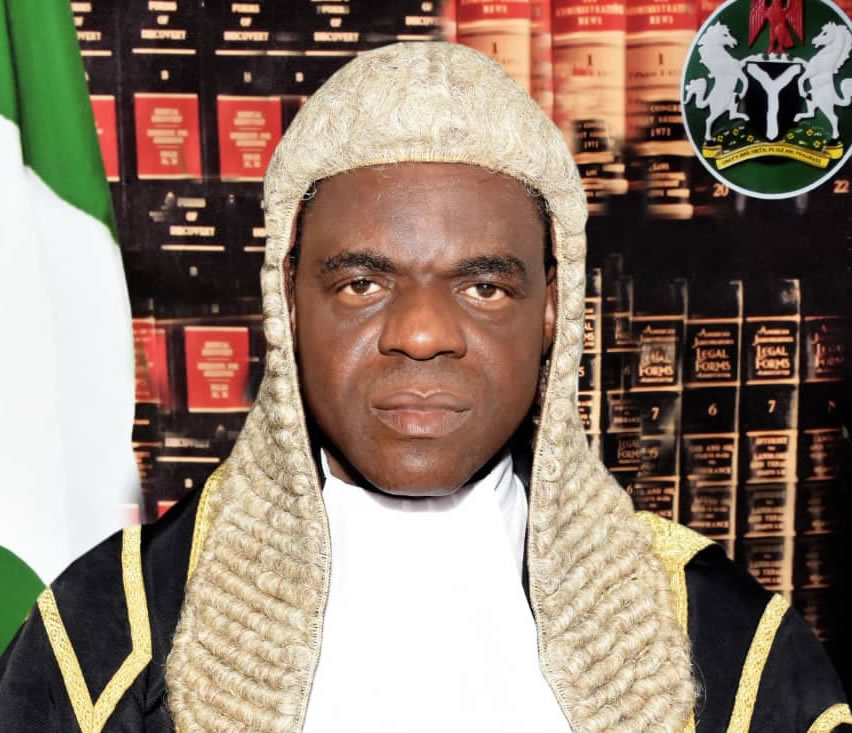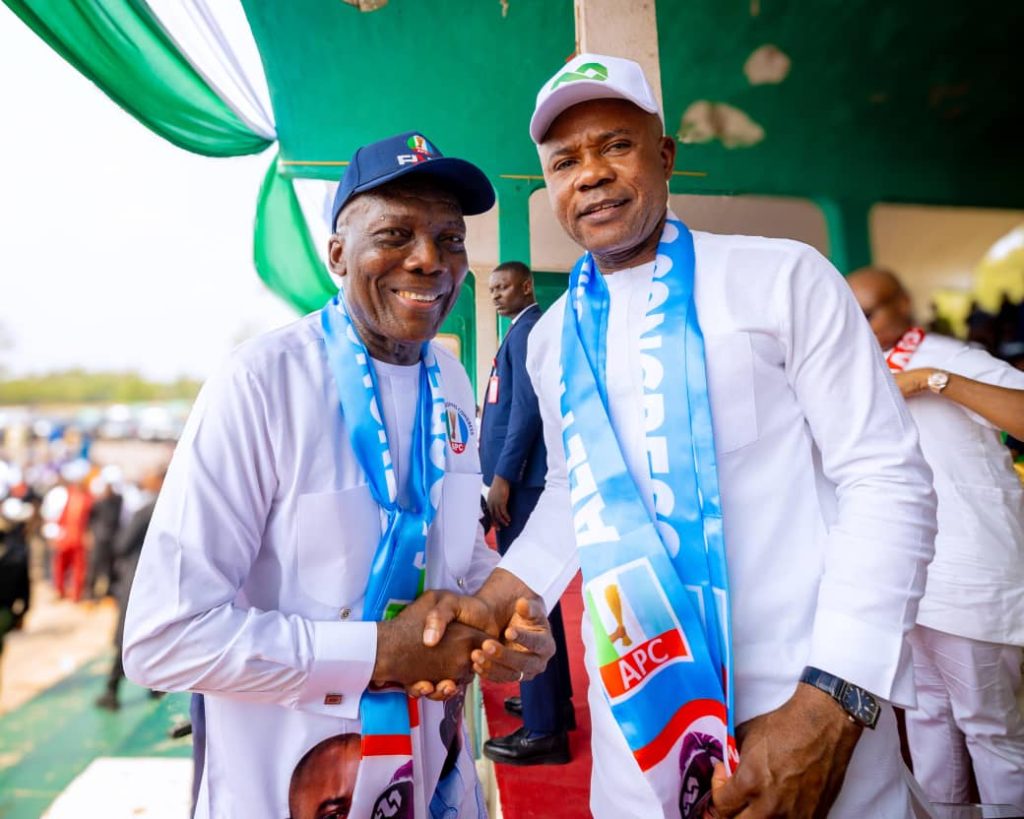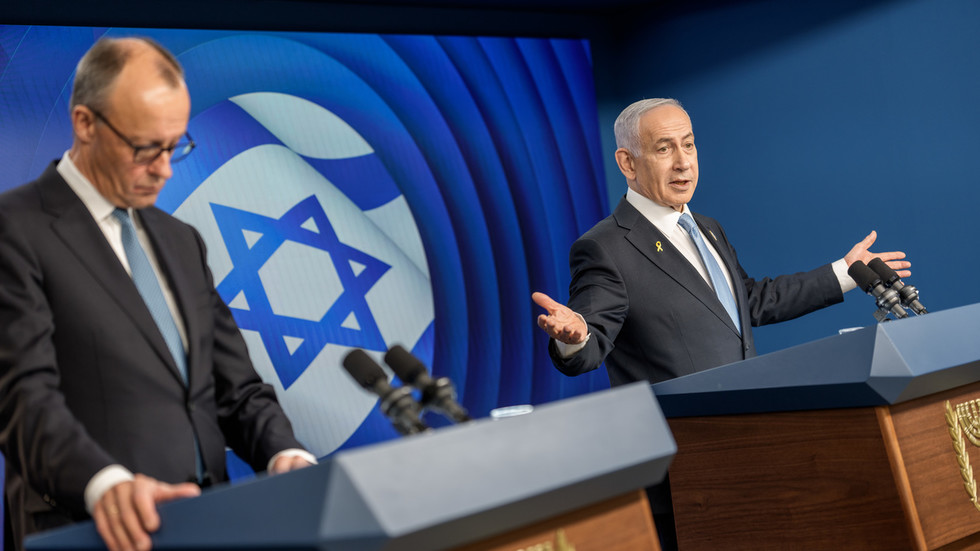UN Slams Rwanda: Congolese President Warns of Worsening Humanitarian Crisis
Speaking at the United Nations General Assembly in New York on Wednesday, Congolese President Felix Tshisekedi sharply criticized neighboring Rwanda for its alleged destabilizing activities, calling on the international community to sanction the country.
Tshisekedi accused Rwanda of supporting the M23 rebel group, which is wreaking havoc in his country and pushing over 7 million people to take refuge internally due to escalating violence. He pointed to reports that between 3,000 to 4,000 Rwandan troops are actively engaged with M23 fighters in the Congolese border region. The two forces have been locked in a decade-old conflict, leading to unspeakable suffering and tragedy.
"The resurgence of this terrorist group, supported by Rwanda, has provoked a humanitarian crisis without precedent in the DRC," a somber Tshisekedi told the packed assembly. His words, echoing a common refrain by many experts and diplomats worldwide, lament the growing prominence of terrorism on the continent.
With over 11,000 displaced persons attempting to escape conflict zones monthly, Tshisekedi’s warnings have considerable implications. Not only must the United Nations intensify efforts to protect civilians within the conflict-torn border regions but also address international security threats tied to both Rwanda’s meddling and Rwanda’s participation in the coalitions combating terrorism.
Concurrently, international leaders risk ignoring Rwanda’s alleged military interventions if concrete actions don’t accompany vocal condemnations. Failure to address rising instability within conflict zones directly fuels broader societal unrest – an ongoing theme in human rights campaigns around the globe.
While AP reports initially suggested M23’s inception as an internal Congolese crisis, Tshisekedi’s fiery speech refutes this sentiment, casting it as more complex issue. As a result, African regional leaders seek international pressure, urging diplomatic measures, which could culminate in crippling economic constraints on Rwanda unless it refrains from involvement in protracted wars, ultimately stoking local extremist movements at large.



